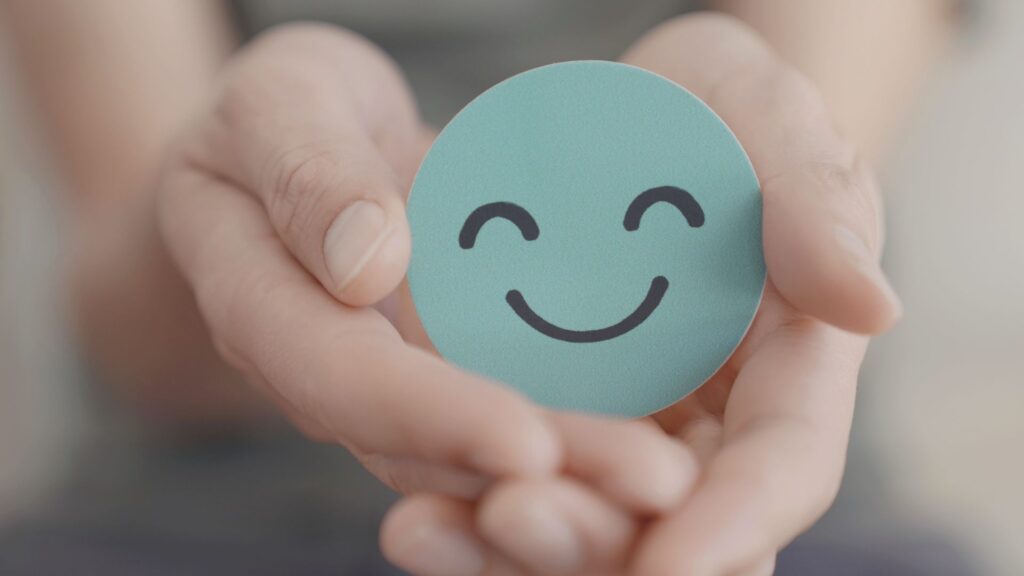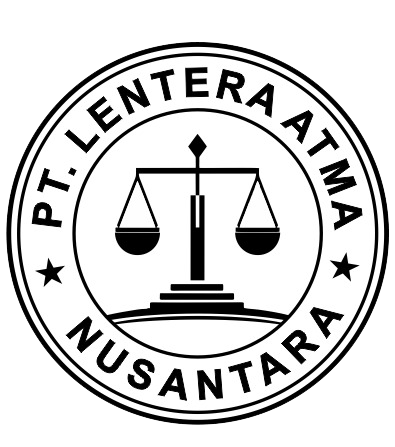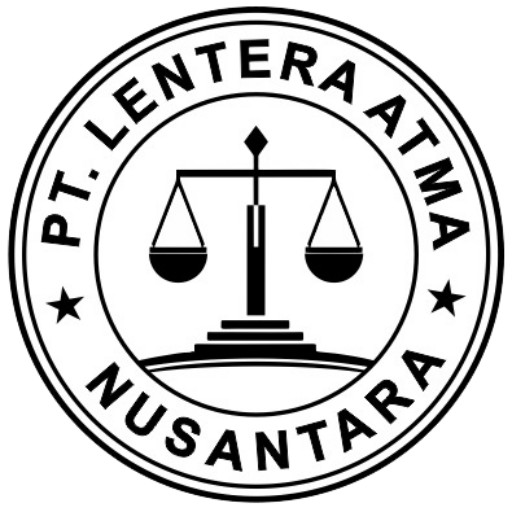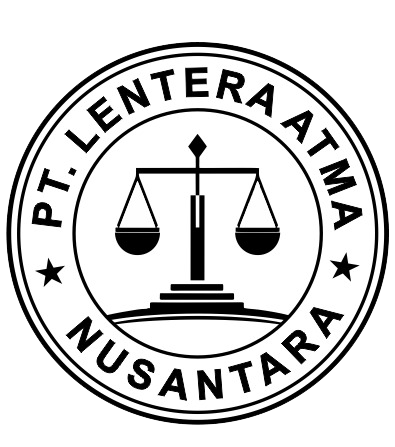The Role of Private Recovery Coaching and One-on-One Rehab
The roles of a Private Recovery Coach and One On One Private Rehabilitation have emerged as pivotal elements in the journey toward recovery and well-being. A Private Recovery Coach provides individualized guidance and accountability, helping clients navigate their unique recovery paths with tailored strategies and continuous support. This one-on-one approach ensures that the specific needs and goals of each client are meticulously addressed, fostering a more effective and personalized recovery experience.
One On One Private Rehabilitation complements the work of a Private Recovery Coach by offering focused, individualized therapeutic interventions. This method allows therapists to dedicate their full attention to a single client at a time, creating a highly responsive and adaptive treatment environment.
The combination of these personalized approaches not only enhances physical recovery but also supports mental and emotional well-being, providing a comprehensive framework for holistic health. Together, they represent a powerful synergy in the pursuit of long-term recovery and overall wellness. This article delves into the intricacies of these two approaches, exploring their methodologies, benefits, and the profound impact they have on individuals’ recovery journeys.
Understanding One-On-One Private Rehabilitation

One-On-One Private Rehabilitation is a tailored therapeutic approach designed to help individuals recover from injuries, surgeries, or chronic conditions. This method focuses on providing personalized care, where the therapist dedicates their attention exclusively to one client at a time. Here are the primary components of One-On-One Private Rehabilitation:
Personalized Assessment and Treatment
The foundation of One-On-One Private Rehabilitation lies in its personalized nature. The process begins with a comprehensive assessment of the client’s medical history, current health status, and specific needs. Based on this assessment, a customized treatment plan is developed. This plan is continuously adjusted to ensure optimal recovery, addressing any changes in the client’s condition or progress.
Tailored Therapeutic Exercises
The exercises prescribed in One-On-One Private Rehabilitation are carefully selected to meet the unique needs of the client. These exercises aim to enhance mobility, strength, and functionality, focusing on areas that require the most attention. The therapist can modify the intensity and type of exercises based on the client’s progress, ensuring a safe and effective recovery process.
Continuous Monitoring and Feedback
One of the significant advantages of One-On-One Private Rehabilitation is the continuous monitoring and immediate feedback provided by the therapist. This close observation allows the therapist to correct the client’s movements and techniques in real-time, preventing further injuries and promoting efficient recovery.
Psychological Support
The personalized attention in One-On-One Private Rehabilitation also fosters a supportive environment. Clients often feel more comfortable and motivated when they receive individual attention. The therapist-client relationship can significantly enhance the client’s mental and emotional well-being, which is an integral part of the rehabilitation process.
The Role of a Private Recovery Coach

A Private Recovery Coach offers individualized support and guidance to individuals recovering from various challenges, such as addiction, mental health issues, or significant life changes. The role of a Private Recovery Coach is multifaceted, focusing on helping clients achieve their personal recovery goals and maintain long-term well-being. Here are the key elements of a Private Recovery Coach:
Personalized Support and Guidance
A Private Recovery Coach works closely with clients to understand their specific needs, challenges, and goals. This personalized approach ensures that the support provided is tailored to the individual’s unique situation, making the recovery process more effective and meaningful.
Accountability and Motivation
One of the core functions of a Private Recovery Coach is to provide accountability. Regular check-ins and consistent support help clients stay committed to their recovery journey. The coach motivates and encourages clients, helping them overcome obstacles and stay focused on their goals.
Developing Coping Strategies
An essential aspect of recovery is learning how to cope with stress, triggers, and other challenges. A Private Recovery Coach works with clients to develop practical coping strategies tailored to their specific needs. These strategies might include stress management techniques, healthy lifestyle changes, and methods for avoiding or managing triggers. By equipping clients with these tools, coaches help them build resilience and reduce the risk of relapse.
Building a Support Network
A Private Recovery Coach helps clients build and strengthen their support network, which may include family, friends, support groups, and other professionals. This network is crucial for providing ongoing encouragement and assistance throughout the recovery journey.
Holistic Approach to Recovery
Private Recovery Coaches often adopt a holistic approach, addressing various aspects of the client’s life, including physical health, mental well-being, relationships, and lifestyle choices. This comprehensive approach helps clients achieve a balanced and healthy life.
Methodologies and Techniques

Both One-On-One Private Rehabilitation and Private Recovery Coaching employ a variety of methodologies and techniques to support their clients. These methods are chosen based on the individual needs and preferences of the client, ensuring that the approach is both effective and comfortable.
Motivational Interviewing
Motivational interviewing is a counseling technique used to help clients find the motivation to make positive changes. This method involves active listening and open-ended questions that encourage clients to explore their reasons for wanting to change. By fostering a sense of personal motivation, this technique can help clients become more committed to their recovery goals.
Cognitive Behavioral Therapy (CBT)
Cognitive Behavioral Therapy is a widely used approach in both rehabilitation and recovery coaching. CBT helps clients identify and change negative thought patterns and behaviors that contribute to their struggles. By learning to recognize these patterns, clients can develop healthier ways of thinking and behaving, which supports their overall recovery.
Mindfulness and Stress Management
Stress is a common trigger for relapse, making stress management a critical component of recovery. Both Private Recovery Coaches and One-On-One Private Rehabilitation therapists often teach mindfulness techniques, such as meditation and deep breathing exercises, to help clients manage stress. These practices can reduce anxiety, improve emotional regulation, and enhance overall mental health.
Goal Setting and Action Planning
Setting realistic and achievable goals is a key part of the recovery process. Both Private Recovery Coaches and One-On-One Private Rehabilitation therapists work with clients to set specific, measurable, attainable, relevant, and time-bound (SMART) goals. They also help clients develop action plans to achieve these goals, breaking down the recovery process into manageable steps.
Relapse Prevention Planning
Relapse is a common part of the recovery journey, but it can be managed and minimized with proper planning. Both Private Recovery Coaches and One-On-One Private Rehabilitation therapists help clients develop relapse prevention plans that identify potential triggers and outline strategies for avoiding or managing them. These plans often include coping mechanisms, emergency contacts, and steps to take if a relapse occurs.
Benefits of Combined Approaches

The combination of One-On-One Private Rehabilitation and Private Recovery Coaching creates a powerful synergy that enhances overall well-being. This combination is particularly beneficial for individuals recovering from injuries or those with specific health concerns. Here’s how they complement each other:
Seamless Transition from Rehabilitation to Recovery
One-On-One Private Rehabilitation helps clients recover and regain their strength and functionality. Once they reach a certain level of recovery, Private Recovery Coaching can take over to further enhance their fitness and prevent future injuries. This seamless transition ensures continuity in care and support.
Holistic Health and Wellness
Together, One-On-One Private Rehabilitation and Private Recovery Coaching address both the physical and mental aspects of health. Rehabilitation focuses on recovery and healing, while coaching emphasizes fitness and personal development. This holistic approach promotes overall well-being and long-term health.
Customized and Continuous Care
Both One-On-One Private Rehabilitation and Private Recovery Coaching offer personalized care tailored to the individual’s needs. This continuous and customized support ensures that clients receive the most effective and efficient care throughout their journey.
Conclusion
The roles of a Private Recovery Coach and One-On-One Private Rehabilitation are crucial in helping individuals navigate the complexities of their recovery journeys. By providing personalized support, accountability, and a holistic approach to well-being, these professionals significantly enhance the chances of successful and sustainable recovery. Whether overcoming addiction, managing mental health challenges, or recovering from physical injuries, the guidance and support of a Private Recovery Coach and One-On-One Private Rehabilitation can make all the difference in achieving long-term health and happiness.
For those of you who have needs related to addiction problems, want to consult about mental problems or related to physical recovery, guidance, support and so on related to your health problems, you can contact our WhatsApp number at +62 812-3902-9568.





